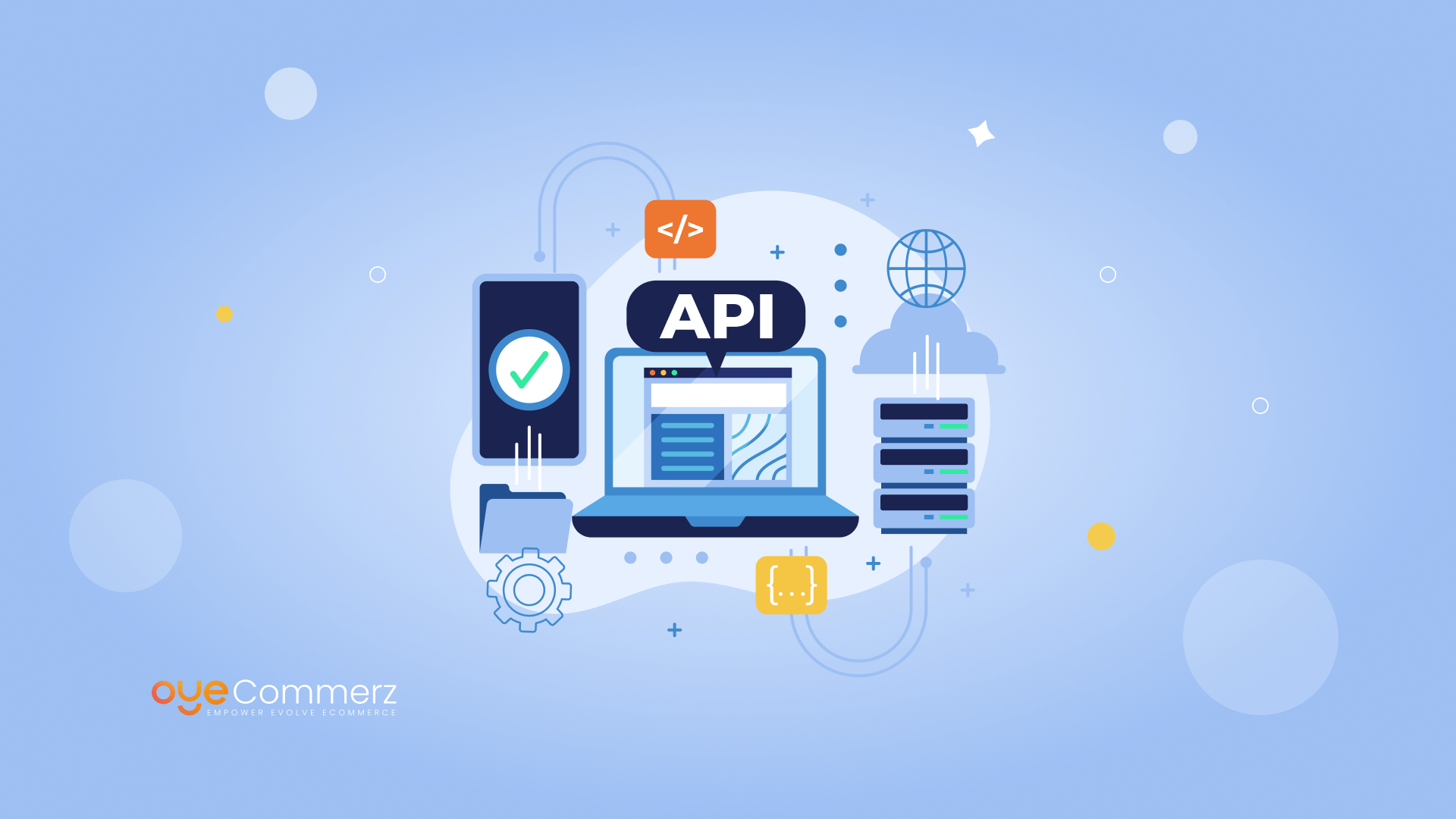Enhance Your Online Store: Custom Shopify App Development to Boost Performance
Enhance Your Online Store: Custom Shopify App Development to Boost Performance
Blog Article
Overview
In today’s cutthroat e-commerce landscape, differentiating is essential, and a top method to differentiate a Shopify store is through tailored app development. A robust Shopify app can enhance store functionality, streamline operations, and elevate customer engagement. This article delves into essential aspects of Shopify app development, from API integration to scaling strategies and promotion methods, providing a roadmap for companies looking for unmatched store efficiency.
Why Shopify API Integration Matters
Shopify’s API offers robust tools to personalize and expand store functionalities. With the GraphQL and REST API options, developers can access data to build applications that handle inventory control, order handling, and customer data management seamlessly. Integrating Shopify’s API can enable improved workflow automation and enables stores to assist shoppers more effectively.
Adopting the Polaris Design System
Polaris is Shopify's design system for creating user-friendly and easy-to-use Shopify apps. By following Polaris principles, developers ensure that apps seamlessly integrate within the Shopify Admin experience. This provides a cohesive look and feel that resonates with Shopify merchants, encouraging usability and familiarity for merchants using your custom app.
Understanding the Shopify App Ecosystem
The Shopify app ecosystem provides numerous opportunities for enhancing online stores. From managing fulfillment processes to boosting customer interaction, apps in this ecosystem are designed to meet diverse business needs. Familiarizing with this system assists developers in finding unique app opportunities and enables seamless integration of external tools that add value to the store.
Developing Embedded Shopify Apps
Embedded apps work seamlessly within the Shopify Admin, allowing a seamless experience for merchants. They allow merchants don’t have to navigate away from their Shopify Creating dynamic Shopify experiences dashboard, Real-time data synchronization in Shopify simplifying their process. Using Shopify App Bridge and embedded app features is a best practice for offering a unified, integrated user experience.
Leveraging Node.js and React for Shopify Development
The technologies Node.js and React have emerged as ideal tools for Shopify app creation. Node.js enables high-performance server-side applications, while React enables interactive and adaptive front-end design. Together, they offer an excellent platform for building fast, scalable Shopify apps that improve store functionality and customer engagement.
Webhooks in Shopify Apps
Webhooks enable instant data synchronization between Shopify and an outside application. They trigger events such as new orders or inventory updates and provide immediate notifications to your app. By utilizing webhooks, apps can deliver real-time insights for store owners, streamlining workflows and boosting productivity.
Engaging Customers Through Digital Marketing for Shopify Apps
To make a Shopify app successful, engaging customers is key. Utilizing digital marketing strategies like SEO, email marketing, and social outreach can drive app adoption. Additionally, creating applications with customer engagement in mind (e.g., loyalty programs or personalized suggestions) increases user loyalty and loyalty.
Scaling Your Shopify App
As e-commerce stores expand, so do their technology requirements. Ensuring that your app can scale to handle higher usage, larger data sets, and more advanced functionalities is critical. By improving server capacity and implementing scalable solutions, you can develop apps that grow in tandem with a store’s growth.
Important Features and Maintenance Tips for Shopify Apps
For an app to be effective, it should include key capabilities like user authentication, dashboard analytics, and customer support options. Regular app upkeep, with updates to fix bugs and ensuring compatibility with new Shopify features, is important to maintain uninterrupted performance and avoid interruptions to merchant workflows.
Conclusion
Custom Shopify app development offers immense opportunities for e-commerce businesses, offering the ability to enhance store functionality, simplify operations, and build customer relationships. From integrating APIs to ensuring scalability and customer interaction, creating a Shopify app involves careful planning and strategic execution. If you’re prepared to elevate your e-commerce experience, a custom Shopify app could be the perfect choice. What capabilities do you envision for your dream application? Share your ideas and begin the journey to an optimized e-commerce journey!
 Report this page
Report this page